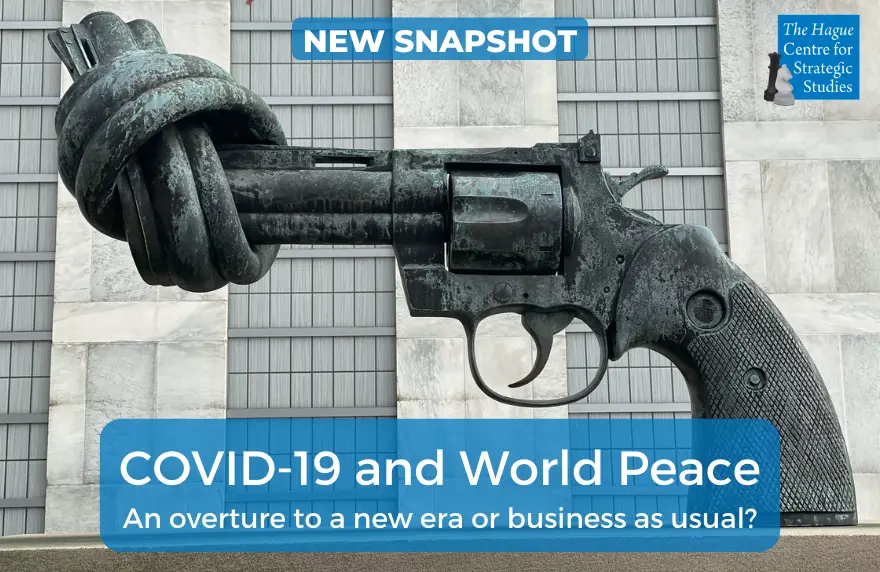The character of war is changing, and the long-held U.S. superiority is under threat. New weapon systems require investment in modern defenses, but does absolute reliance on technology make our Alliance safer, or are we fooling ourselves and leaving open vulnerabilities? This snapshot by Patrick Bolder and Dorith Kool provides some insights and food for thought on future defense spending and the inherent strategic dilemmas it presents.
Investment in technology will be necessary to maintain security. The proliferation of artificial intelligence, robotics and autonomous and unmanned systems level the playing field between the U.S. and its adversaries. The rise of China, military modernization of Russia, nuclear developments in North Korea and Iran, and technologically empowered terrorist networks increasingly undermine U.S. power.
To counteract their adversaries’ technological edge, the U.S. has embarked on a Third Offset Strategy that pushes for more investment in state-of-the-art military technologies to bring U.S. dominance back. This will not be easy. The Third Offset Strategy must deal with a multi-threat and multi-actor security environment that is markedly more complex than the Cold War context.
Absolute reliance on military-technological advantage will not be a sustainable or effective strategy, however. While both China and Russia invest in new technology, they seem to understand the importance of investing in conventional and asymmetric capabilities and have somewhat strayed away from the technological hype.
Should we throw all our cards in high-end technology? Have the U.S. and its allies in NATO fallen for novel and savvy technologies too quickly?
Read the new snapshot by Strategic analysts Patrick Bolder and Dorith Kool here.






